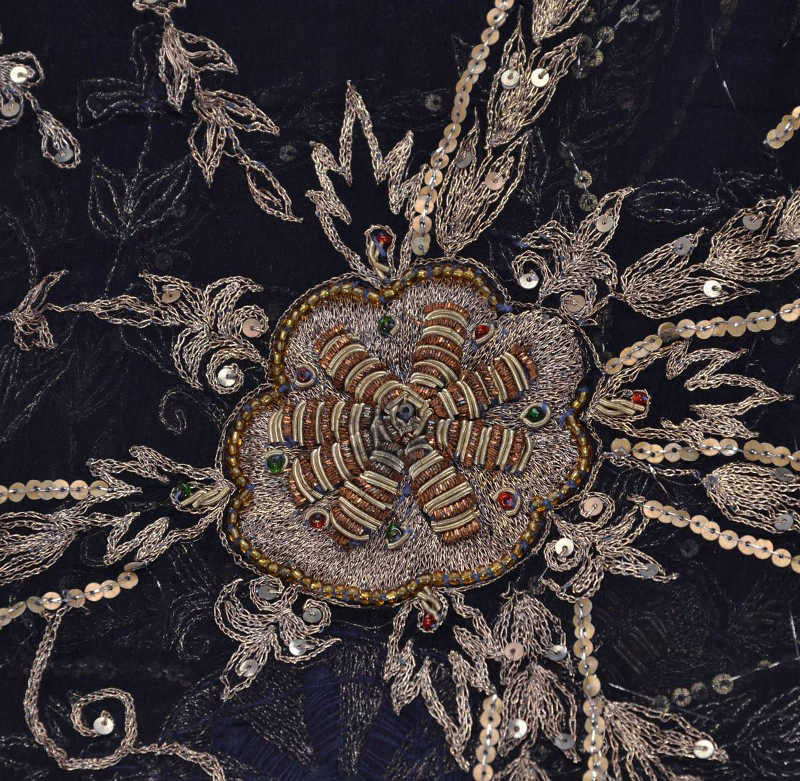===
0089,
12
===

=== |
 |
kaheñ haiñ is an archaic form of kahte haiñ .
kahīñ : 'Somewhere; anywhere; wherever, whithersoever; —ever, anyhow, by any chance; ever-so-much, far, greatly; —may be, perhaps, peradventure'. (Platts p.808)
vaḥshat : 'A desert, solitude, dreary place; —loneliness, solitariness, dreariness; —sadness, grief, care; —wildness, fierceness, ferocity, savageness; barbarity, barbarism; —timidity, fear, fright, dread, terror, horror; —distraction, madness'. (Platts p.1183)
FWP:
SETS == A,B; NEIGHBORS; WORDPLAY
MOTIFS == SPEAKING
NAMES
TERMS == DRAMATICNESS; IMPLICATIONSRF is so preoccupied with the narrative side of this verse that he hasn't mentioned the obvious, punchy wordplay at its culmination: the enjoyable juxtaposition baiṭhe baiṭhe uṭh gayā hogā , which is so full of piquant possibilities of both duration and abruptness. After all, anybody might, after sitting still for a long time, 'get up'-- what could be more natural and literal and 'real'? In particular a half-crazed lover might suddenly, wildly 'get up' and dash off somewhere, without warning. Or he might have the mad temerity to jump up without permission in the beloved's presence-- and such insolence might be met with cruel punishment.
Yet it's also possible that he metaphorically 'got up' in order to 'leave'-- and the whole vocabulary around 'departure' is as readily capable of suggesting death in Urdu as it is in English ('the dear departed'). So the whole process of being seated, then getting up, may simply convey the idea of a (sudden?) death.